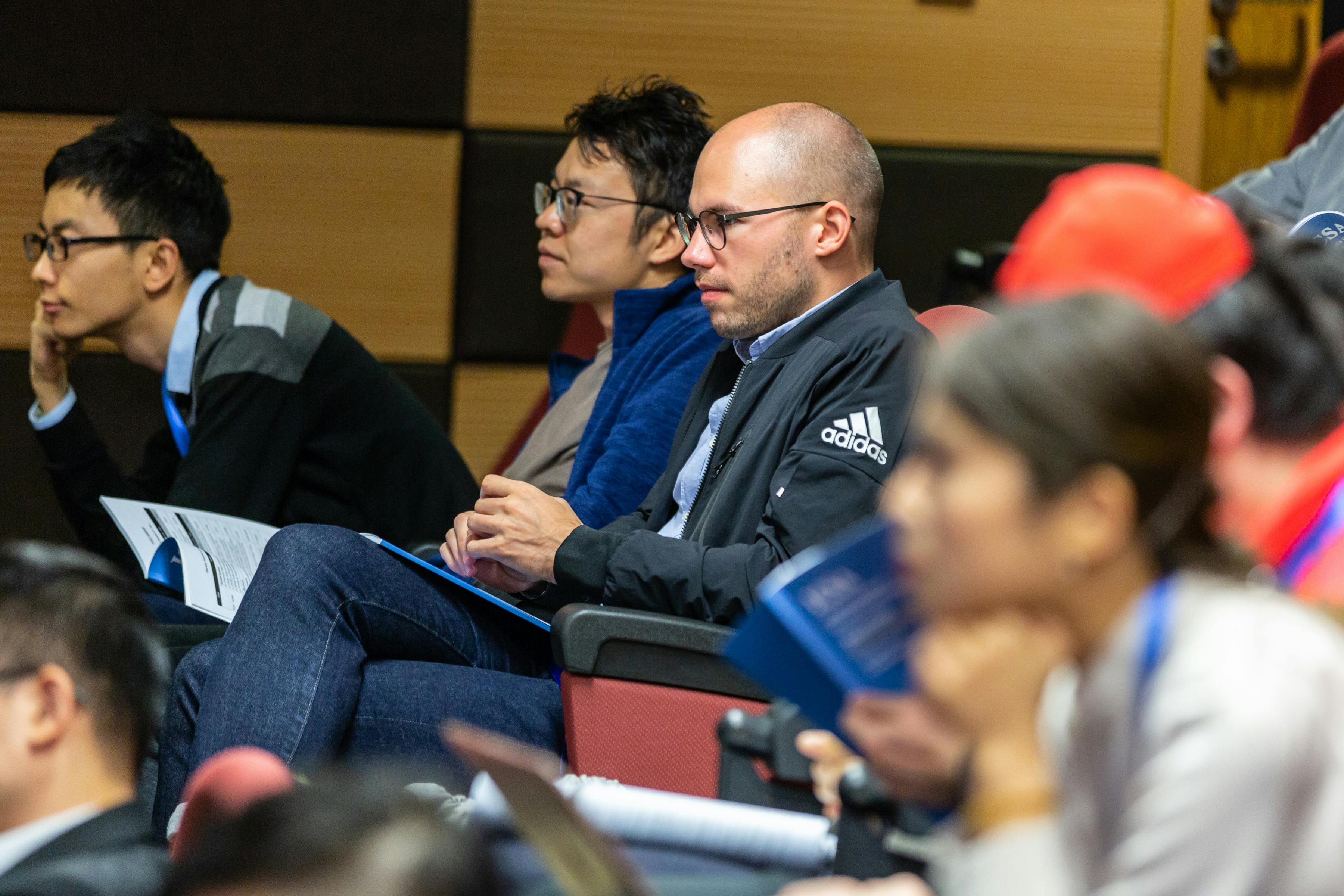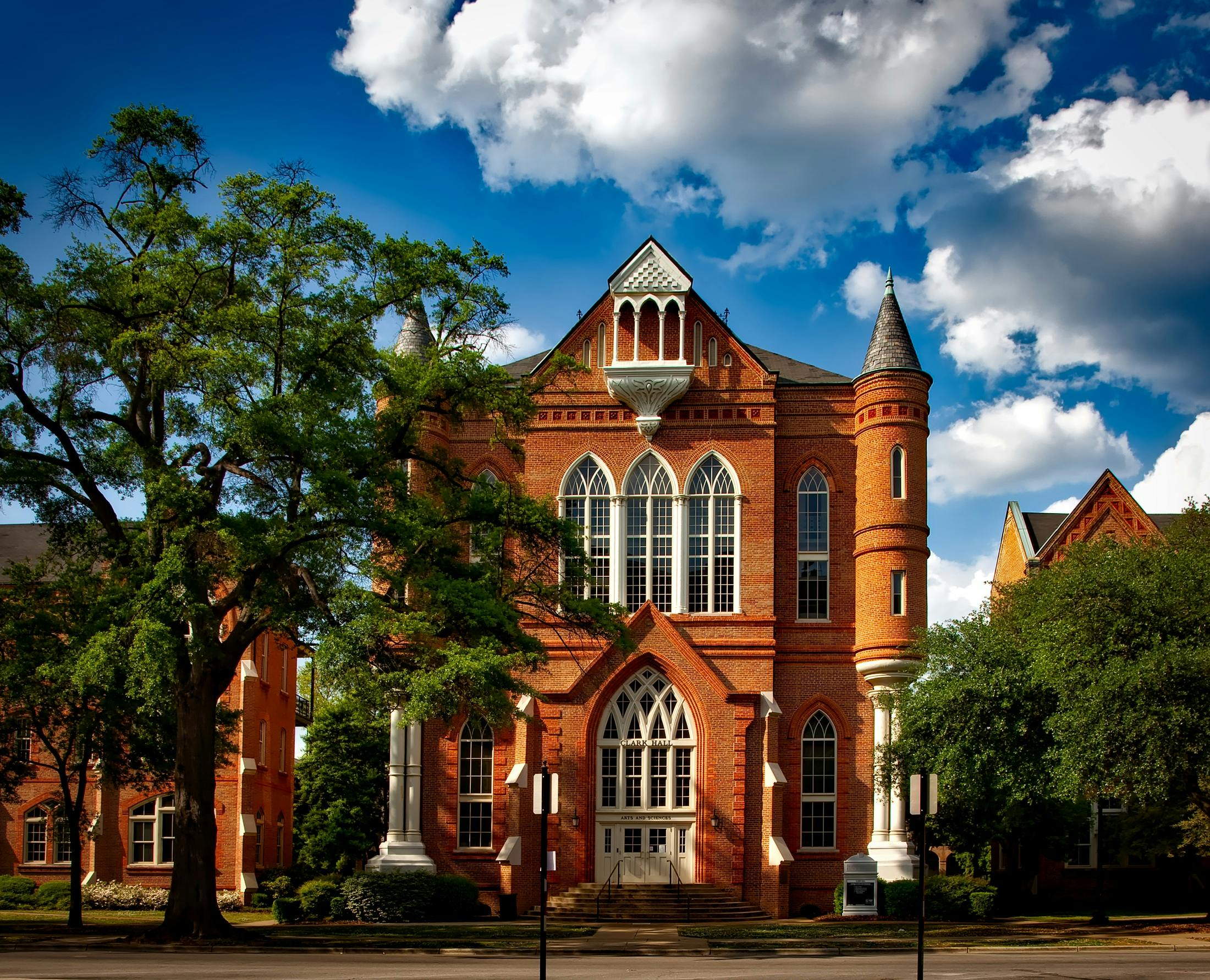Cambridge isn’t just one of the most respected universities in the world — it’s also home to some of the most influential programs ever created.
From discovering the structure of DNA to pioneering AI ethics, Cambridge’s programs are built to fuel breakthroughs, not just degrees.
This blog highlights the flagship courses that put Cambridge on the global map — the ones that shape future presidents, scientists, Nobel Prize winners, and tech disruptors.

1. Natural Sciences (Undergraduate)
This is Cambridge’s crown jewel — the program that taught Isaac Newton and Stephen Hawking.
It’s designed for future scientists who don’t want to specialize too early.
Why it matters:
- Combines physics, chemistry, biology, earth sciences, and more
- Lets you specialize later — ideal for interdisciplinary minds
- Feeds directly into some of the world’s best research PhDs
Career outcomes:
- Research (academic and private sector)
- Biotech and pharmaceuticals
- Government scientific advisory roles
- Astrophysics and quantum computing
🔬 Best for: Curious minds who want to explore across the scientific spectrum before zooming in.
2. Economics
Cambridge Economics is world-renowned — and ultra-competitive.
What sets it apart:
- Taught by faculty with IMF, World Bank, and Nobel backgrounds
- Strong in theory, mathematical modeling, and policy
- Hosts top-tier journals and economic think tanks
Career outcomes:
- Consulting (McKinsey, Bain, BCG)
- Public policy and central banking
- Research in development economics
- Quant roles in finance
📈 Best for: Analysts, policy wonks, and future economists who love numbers and theory.
3. Law (LLB and LLM)
Cambridge Law is consistently ranked Top 3 globally, and its alumni sit in supreme courts around the world.
Program strengths:
- Offers both undergraduate (BA Law) and postgraduate (LLM, MCL) options
- Deep training in legal theory, jurisprudence, and comparative law
- Courses in EU Law, International Human Rights, Corporate Law
Career outcomes:
- Legal practice in UK, US, India, EU
- International law, arbitration, human rights
- Government, judiciary, and academia
⚖️ Best for: Legal theorists, aspiring barristers, and future judges.
4. Computer Science
While Oxford is known for CS + Philosophy, Cambridge is more technical, more math-driven, and closer to hardcore engineering.
Why it matters:
- Home to the Cambridge Centre for AI in Medicine
- Offers specializations in ML, robotics, security, compilers, and quantum computing
- Ties with DeepMind, ARM, and the UK’s top research labs
Career outcomes:
- Software engineering, product management
- Research roles in AI, NLP, cryptography
- Tech entrepreneurship and data science
💻 Best for: Logicians, engineers, and coders who like to dive deep into the science behind the machine.
5. English Literature
Cambridge is where literary history was written — literally.
Why it stands out:
- Taught by famous critics, novelists, and literary historians
- Courses in Shakespeare, Postcolonial Studies, Gender Theory, Gothic Fiction
- Close integration with drama societies, publishing projects, and creative writing
Career outcomes:
- Journalism, publishing, screenwriting
- Academia, teaching, authorship
- Communications and PR
✍️ Best for: Word lovers, literary analysts, and creative minds who think in metaphor.
6. Human, Social and Political Sciences (HSPS)
This is Cambridge’s answer to Oxford’s PPE.
It combines Politics, Sociology, Social Anthropology, and International Relations.
What makes it powerful:
- Choose 2–3 specializations over time
- Access to Cambridge Centre of African Studies, Department of Politics and IR
- Top faculty in gender studies, development, and conflict resolution
Career outcomes:
- NGOs, diplomacy, think tanks
- Social entrepreneurship and journalism
- Research in global governance or social justice
🌱 Best for: Activists, public thinkers, and those who want to question power.
7. History
One of the oldest and most respected History programs in the world.
Strengths:
- Options from Ancient to Modern, British to Global History
- Access to rare manuscripts and primary sources in Cambridge libraries
- Training in argumentation, evidence, and writing
Career outcomes:
- Policy research, media, archives, public history
- Academia, think tanks, museum work
- Law school and civil services
📚 Best for: Storytellers, researchers, and those who see the future through the lens of the past.
8. Engineering (Undergrad and Grad)
A rigorous and respected program that trains engineers with deep theory and strong hands-on grounding.
Why it works:
- Broad first year: Electrical, Mechanical, Civil, Aerospace
- Narrow down from Year 2 onward
- Access to robotics labs, bioengineering projects, and smart tech hubs
Career outcomes:
- Product design, R&D, tech startups
- Environmental engineering, transportation systems
- PhD pathways in AI, sustainability, or robotics
⚙️ Best for: Builders, innovators, and systems thinkers.
Summary: What Cambridge Does Best
| Program | Best For |
| Natural Sciences | Explorers, interdisciplinary STEM minds |
| Economics | Policy thinkers, data-driven leaders |
| Law | Theorists, litigators, legal scholars |
| Computer Science | Algorithmic thinkers, AI researchers |
| English Literature | Writers, critics, literary historians |
| HSPS | Global activists, sociologists, diplomats |
| History | Critical thinkers, researchers, analysts |
| Engineering | Applied minds who love building things |
Glossary / Sources
- Cambridge Course Directory (Undergrad)
https://www.undergraduate.study.cam.ac.uk/courses - Postgraduate Courses Directory
https://www.graduate.study.cam.ac.uk/courses - Cambridge Faculty of Law
https://www.law.cam.ac.uk - Cambridge Computer Laboratory (CS)
https://www.cst.cam.ac.uk - Cambridge Centre for African Studies / IR
https://www.african.cam.ac.uk



